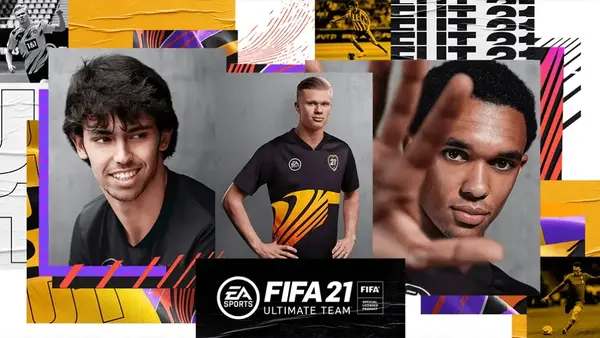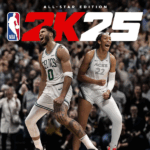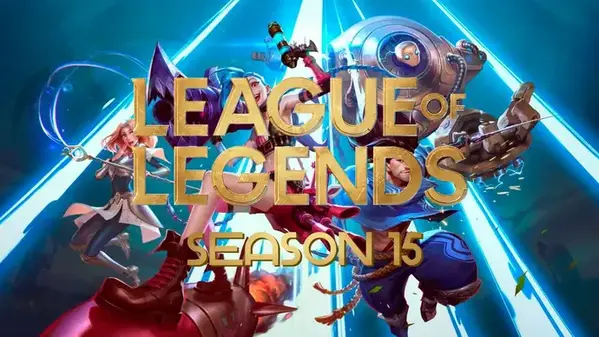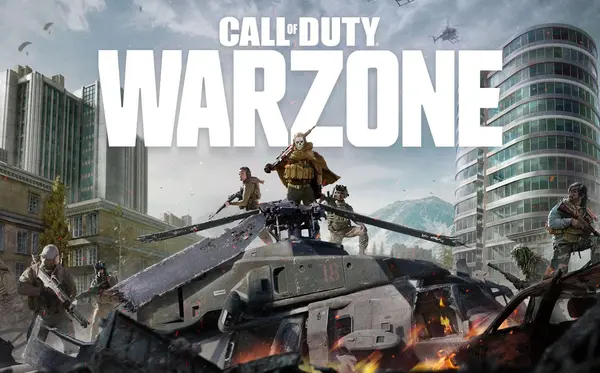Advertisement
Popular Now
Introduction
FIFA Ultimate Team (FUT), one of the most popular modes in EA Sports' FIFA series, is a competitive platform where players build their dream squads using in-game currency and packs. However, one persistent and divisive issue in FUT is the economic imbalance within the game. The disparity between pay-to-win players and those relying on grinding has sparked debates about fairness, accessibility, and the overall player experience. This article examines the intricacies of FIFA Ultimate Team’s economic system, the challenges it creates, and possible solutions to enhance fairness.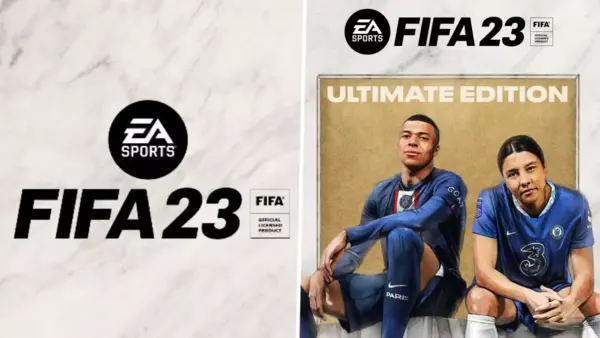
Understanding the Economic System in FIFA Ultimate Team
The FUT economy revolves around coins, FIFA Points, and packs.In-Game Currency: Coins vs. FIFA Points
- Coins: Earned through matches, objectives, and trading.
- FIFA Points: Purchased with real money and used to buy packs.
The Importance of Packs
Packs contain player cards, consumables, and other items. High-value cards are rare, incentivizing players to spend either coins or FIFA Points.- Randomized rewards create excitement but can lead to frustration.
- Pay-to-win dynamics arise when wealthier players can afford numerous packs.
The Pay-to-Win Controversy
FUT’s reliance on microtransactions has created a clear divide between pay-to-win and grind-to-play players.Advantages for Pay-to-Win Players
- Access to high-rated players and meta squads gives an edge in competitive modes like Division Rivals and FUT Champions.
- Faster progression due to the ability to open more packs.
Struggles for Grind-to-Play Players
- Limited resources lead to slower team development.
- Reliance on luck when opening packs makes it harder to compete.
The Impact of Pack Probability
Pack probability is one of the most contentious aspects of FUT’s economy.Lack of Transparency
While EA has introduced pack probabilities, the odds of obtaining top-tier players remain extremely low.- Rare cards like TOTW (Team of the Week) and TOTY (Team of the Year) players are nearly impossible to pack without significant investment.
- Players feel compelled to spend more due to the "fear of missing out" (FOMO).
Gambling Concerns
The randomized nature of packs has drawn criticism for resembling gambling, particularly as younger audiences often play the game.The Trading Market: A Double-Edged Sword
The FUT trading market is a central feature of the game but presents its own set of challenges.Market Volatility
Player prices fluctuate wildly based on demand, SBC (Squad Building Challenge) requirements, and promotions.- High-demand cards become prohibitively expensive.
- Market crashes during promos disadvantage players who save coins.
Coin Farmers and Bots
Coin farming and bot activities disrupt the market, making it harder for legitimate players to compete.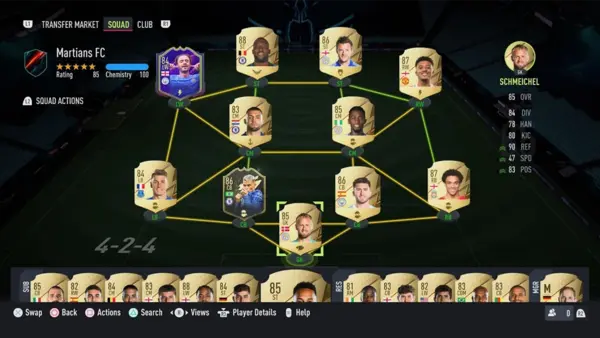
The Grind: Is It Worth It?
Grinding for coins and rewards is an alternative to spending money, but it’s time-intensive and often unrewarding.Time vs. Reward
- Completing Squad Battles or Division Rivals matches yields limited coins compared to the time invested.
- Objective-based rewards are often outpaced by pay-to-win players’ rapid progression.
Weekend League Fatigue
FUT Champions, or the Weekend League, requires substantial effort but offers rewards that often don’t justify the grind.The Accessibility Gap
FUT's economic imbalance creates an accessibility gap between casual and hardcore players.Casual Players
- Limited time to grind puts casual players at a disadvantage.
- Difficulty in competing with stacked squads leads to frustration and drop-off.
Hardcore Players
- Invest significant time but often feel the pressure to spend FIFA Points to remain competitive.
- Burnout from repetitive gameplay and grinding is common.
EA’s Efforts to Address Economic Issues
EA has implemented changes to improve the FUT experience, but the impact remains debatable.Pack Probabilities and Previews
- Pack Probability: Displaying odds was a step toward transparency, but it didn’t solve economic disparities.
- Preview Packs: Allowed players to view pack contents before purchase, reducing some of the gambling-like elements.
SBCs and Objectives
- SBCs provide opportunities to earn high-rated players, but they often require expensive squads to complete.
- Objectives encourage grinding but can feel repetitive and restrictive.
Lessons from Other Games
FUT could adopt strategies from other games to address economic imbalances.Fortnite
Epic Games’ battle pass system offers predictable rewards for a fixed price, avoiding the randomness of loot boxes.Apex Legends
EA’s own Apex Legends emphasizes cosmetics over competitive advantages in microtransactions, creating a fairer ecosystem.Proposed Solutions for FUT
To improve fairness and accessibility, EA could consider these changes:Revamping the Pack System
- Increase odds for high-rated players in packs to make progression less reliant on spending.
- Introduce non-randomized packs with guaranteed players for specific prices.
Enhancing Rewards for Grinding
- Boost coin rewards for matches and objectives to reduce reliance on FIFA Points.
- Make Weekend League rewards more enticing and impactful.
Stricter Market Regulation
- Actively monitor and penalize coin farmers and bot users.
- Stabilize market prices during promotions to protect player investments.
